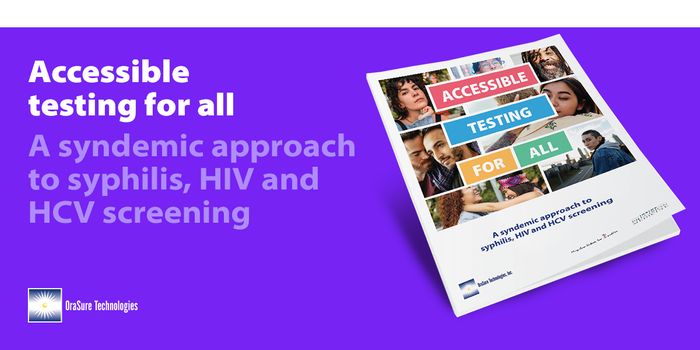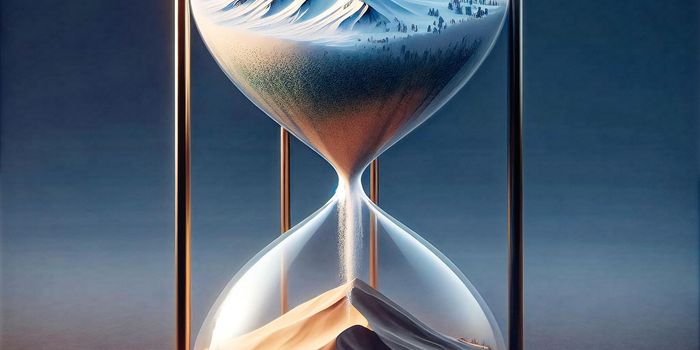Americans' Sleep Quality is Getting Worse
Do you have trouble getting to sleep or staying asleep? You're not alone! In fact, you're likely one of the estimated 5 million Americans that experience sleep difficulties. This estimate comes from a recent study from Iowa State University (ISU) that aimed to evaluate how sleep difficulties have changed over time and if sleep duration had any impact on sleep quality. The study was led by Zlatan Krizan—professor of psychology at ISU—and was published earlier this month in the online journal Sleep Health.
The research team evaluated self-reported sleep data nearly from nearly 165,000 adults within the United States from 2013 to 2017. Their results showed that over the five years, there was a 1.43% increase in the number of adults reporting at least one day a week with difficulty falling asleep. The number of adults reporting having trouble staying asleep increased by 2.7%. When calculated using 2018 population data, those small percentages add up to nearly 5 million Americans, according to Krizan.
It's important to note that sleep duration did not impact increases in sleep difficulties. The researchers report that the increases mostly occurred in those with healthy sleep length. In an article from ISU regarding the study, Krizan said, "indeed, how long we sleep is important, but how well we sleep and how we feel about our sleep is important in its own right."
What the study does not evaluate is what is causing this decline in sleep quality. However, the researchers have their suspicions. Lead author Garrett Hisler suspects technology may be to blame. He told ISU reporters that, "we know from our previous research there is a correlation between smartphone use and insufficient sleep among teens. If we're on our phone before bed or we're receiving alerts in the middle of the night that can make it harder to fall asleep and stay asleep throughout the night."
The information from this study may help to assess how sleep relates to overall health. The research team notes that because sleep quality can affect overall health, such as with cardiovascular health, it's essential to understand and track various changes in sleep health.
Sources: Sleep Health, ISU









